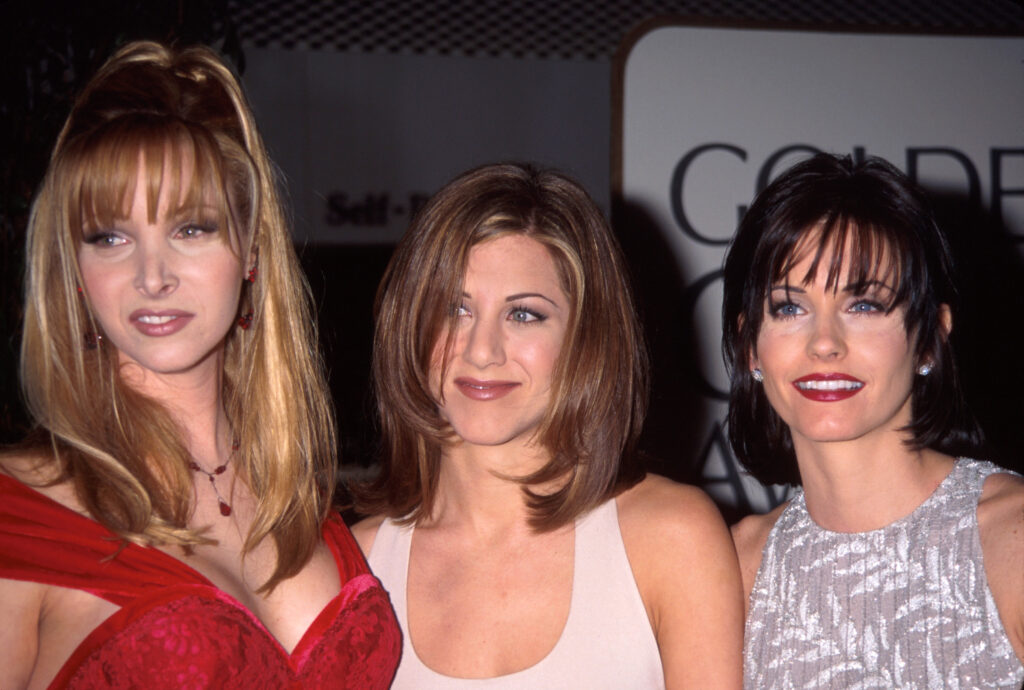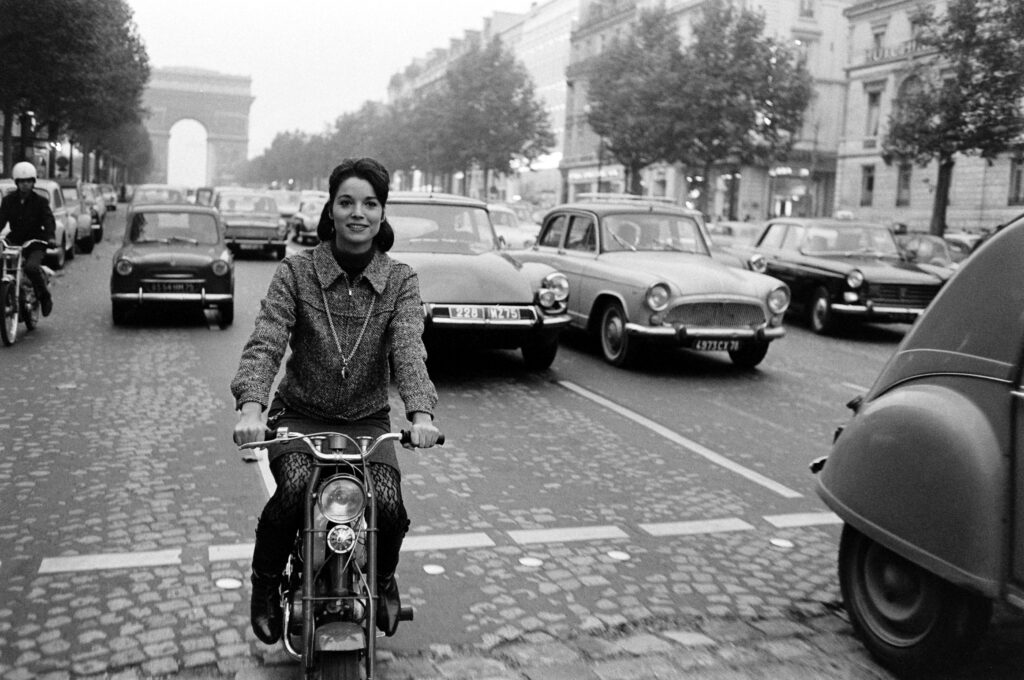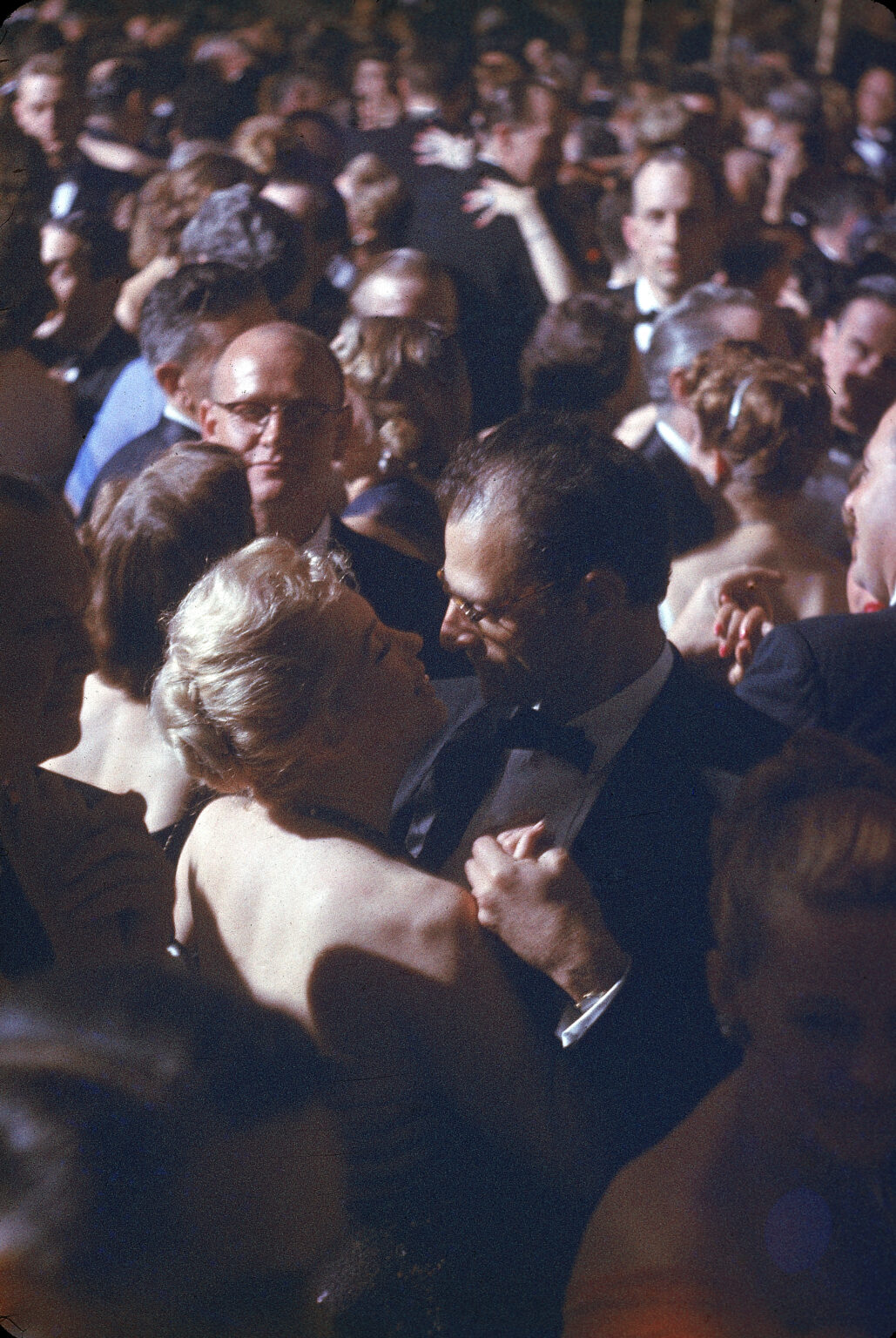Written By: Ben Cosgrove
Of the three Kennedy brothers John, Robert and Edward who ascended to the national political stage in the 1950s and ’60s, it was arguably the middle brother, Bobby, who best embodied the enormous contradictions at play within that famed American family.
There was, for example, RFK’s fraught relationship with liberals and with American liberalism in general. As the author and historian Sean Wilentz once wrote while reviewing a largely unflattering biography of Kennedy in the New York Times:
Robert F. Kennedy always irked liberals; and they always irked him. . . . Kennedy’s association with the reckless Sen. Joseph McCarthy in the 1950s forever tainted his reputation in some reform circles. As his brother’s presidential campaign manager in 1960, and thereafter as attorney general, he struck many liberals as ruthless in the pursuit of power and reluctant in the pursuit of principle, especially regarding civil rights. Kennedy, for his part, regarded his liberal critics as hopeless, sanctimonious losers who put purity above political realism, and who seemed to think that sure-fire defeat was inherently noble.
That Bobby Kennedy was, like his brothers and many of his other relatives, past and present, a titanically driven individual is hardly news. There’s a reason, after all, that he’s still despised today, five decades after his death, by some liberals and most conservatives: he did not fit into a neat, ideological box and then as now neither side knew what to do with a man who refused to act and speak according to their expectations and their rules.
Then there was his relationship with Lyndon Johnson a man who, according to virtually everyone who knew both men, hated Bobby Kennedy with an intensity matched only by RFK’s loathing for his brother’s successor as president.
But Kennedy also had an intellectual and in public, at least an emotional poise that makes most present-day American politicians seem glib and trifling by comparison. (Is there a sitting U.S. senator or representative whom one can picture quoting Herodotus or Sophocles, from memory, as Kennedy so often did?)
Of course, like his brothers especially John Robert Kennedy was also able to immediately and powerfully connect with crowds in a way that most politicians can only envy, and there were certainly people who saw greatness in him and in his future.
“He is one of the half-dozen men in the country today qualified for top political leadership,” one of Lyndon Johnson’s advisers told LIFE writer Robert Ajemian. “He really cares about right and wrong. He cares about people.”
Here, LIFE.com shares photos most of which never ran in LIFE magazine of Kennedy and his extended and immediate family in 1964. The pictures, by LIFE’s George Silk, capture a man who, as Robert Ajemian wrote in the magazine’s July 3, 1964, issue, “had shouldered massive burdens” in the six months since his brother John was gunned down in Dallas the previous November.
A major preoccupation of Bob Kennedy’s in the past six months [Ajemian wrote] has been his family and now it includes his brother’s children, Caroline, who is 6, and John, who is 3. Jackie Kennedy brings them out almost every day to their uncle’s home, Hickory Hill, five miles outside Washington. Bob and [his wife] Ethel spend as much time with them as with their own brood of eight. “They think of it as their own home,” says Jackie Kennedy. “Anything that comes up involving a father, like father’s day at school, I always mention Bobby’s name. Caroline shows him her report cards.”
But even surrounded by so many loved ones, and so busy with speeches and appearances around the country, the rawness of the loss of his older brother was, it seems, never far away. After a speech in Pittsburgh, a reporter asked Kennedy, “What do you miss most about your brother?”
“Kennedy looked startled,” Ajemian reported, “and stared at the reporter as he sought the exact answer. His face softened and he said, ‘Just that he’s not here.'”
Four months after the LIFE cover story, Robert F. Kennedy was elected as the Democratic U.S. Senator from New York. He served until June 6, 1968, when he was assassinated by a gunman named Sirhan Sirhan, while campaigning in Los Angeles for his party’s presidential nomination. Robert Kennedy was 42, four years younger than John Kennedy was when he was killed.

Robert Kennedy at home in 1964
George Silk The LIFE Picture Collection/Shutterstock

Robert Kennedy at home in 1964
George Silk The LIFE Picture Collection/Shutterstock

Robert Kennedy at home in 1964
George Silk The LIFE Picture Collection/Shutterstock

Robert Kennedy at home in 1964
George Silk The LIFE Picture Collection/Shutterstock

Robert Kennedy at home in 1964
George Silk The LIFE Picture Collection/Shutterstock

ROBERT KENNEDYRobert Kennedy at home in 1964
George Silk The LIFE Picture Collection/Shutterstock

Robert Kennedy at home in 1964
George Silk The LIFE Picture Collection/Shutterstock

Robert Kennedy at home in 1964
George Silk The LIFE Picture Collection/Shutterstock

Robert Kennedy at home in 1964
George Silk The LIFE Picture Collection/Shutterstock

Robert Kennedy at home in 1964
George Silk The LIFE Picture Collection/Shutterstock

Robert Kennedy at home in 1964
George Silk The LIFE Picture Collection/Shutterstock

Robert Kennedy at home in 1964
George Silk The LIFE Picture Collection/Shutterstock

Robert Kennedy at home in 1964
George Silk The LIFE Picture Collection/Shutterstock

Robert Kennedy at home in 1964
George Silk The LIFE Picture Collection/Shutterstock

Robert Kennedy at home in 1964
George Silk The LIFE Picture Collection/Shutterstock

Robert Kennedy at home in 1964
George Silk The LIFE Picture Collection/Shutterstock

Robert Kennedy at home in 1964
George Silk The LIFE Picture Collection/Shutterstock

Robert Kennedy at home in 1964
George Silk The LIFE Picture Collection/Shutterstock

Robert Kennedy at home in 1964
George Silk The LIFE Picture Collection/Shutterstock



























